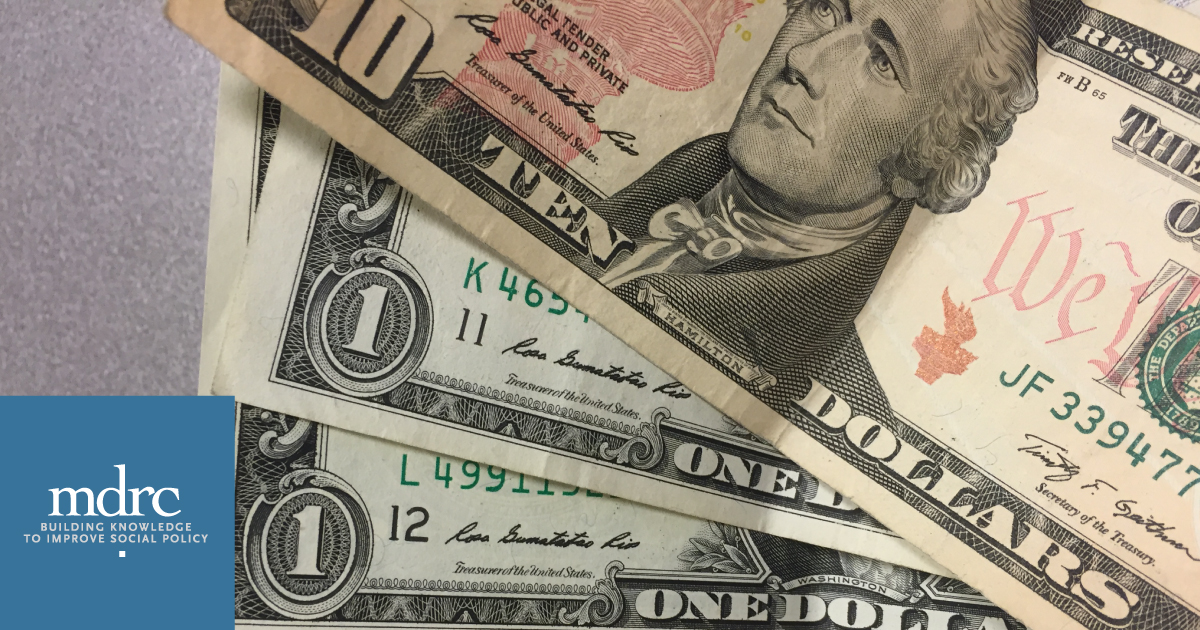New York City’s First Conditional Cash Transfer Program
What Worked, What Didn’t

This report summarizes the findings of a long-term evaluation of Opportunity NYC–Family Rewards, an experimental, privately funded, conditional cash transfer (CCT) program to help families break the cycle of poverty. Family Rewards was the first comprehensive CCT program in a developed country. Launched in 2007 by New York City’s Center for Economic Opportunity, it offered cash assistance to low-income families to reduce immediate hardship, but conditioned that assistance on families’ efforts to build up their “human capital” to reduce the risk of longer-term and second-generation poverty. The program thus tied a broad array of cash rewards (financial incentives) to prespecified activities and outcomes in the areas of children’s education, families’ preventive health care, and parents’ employment. It operated as a pilot program for three years, concluding, as planned, in August 2010.
Six community-based organizations, in partnership with a lead nonprofit agency, ran Family Rewards in six of New York City’s highest-poverty communities. MDRC evaluated the program through a randomized controlled trial involving approximately 4,800 families with 11,000 children; half of the families could receive the cash rewards if they met the required conditions, and half were assigned to a control group that did not participate in the program and could not receive the rewards. This report distills previously published findings and some longer-term updates on the program’s effects on a wide range of outcomes, covering two to six years after families entered the study (depending on the data source).
Key Findings
Family Rewards transferred over $8,700, on average, to families during the three-year period in which it operated. By the end of the study, it had produced some positive effects on some outcomes, but left many other outcomes unchanged. For example, the program:
- Reduced current poverty and material hardship, including hunger and some housing-related hardships (especially for families in severe poverty), although those effects weakened after the cash transfers ended
- Did not improve school outcomes for elementary or middle school students
- Substantially increased graduation rates and other school outcomes for ninth-graders who entered high school as proficient readers, and increased their likelihood of subsequently enrolling full time in four-year colleges
- Had few positive effects on school outcomes for nonproficient students
- Did not increase families’ receipt of annual medical checkups, which was already high, and had limited effects on families’ health outcomes
- Substantially increased families’ receipt of preventive dental care
- Did not increase parents’ employment in or earnings from jobs covered by the unemployment insurance system (thus impeding sustained reductions in poverty), and led to some small earnings reductions for certain more disadvantaged subgroups
MDRC is also studying a revised Family Rewards model that operated in Memphis, Tennessee, and the Bronx, New York, as part of a separate demonstration project, referred to as Family Rewards 2.0.







